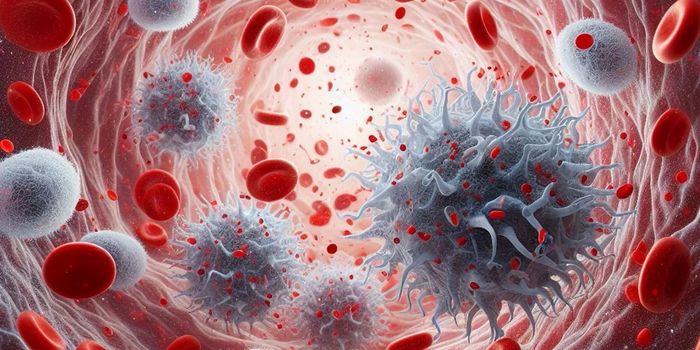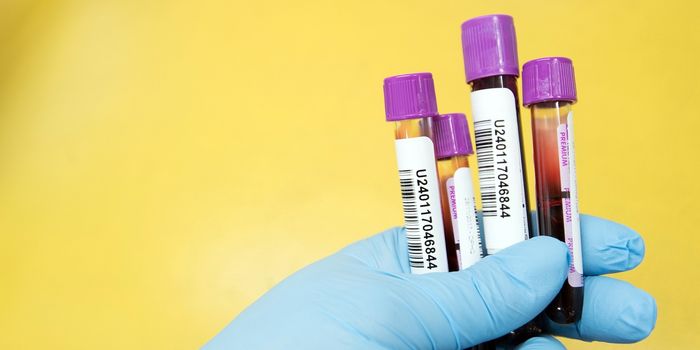Nanotechnology Improves Lung Cancer Treatment
Lung cancer is commonly diagnosed as small cell lung cancer (SCLC) or non-small cell lung cancer (NSCLC). In America, lung cancer (mainly SCLC and NSCLC) is the second most common cancer among men and women. It is estimated that this year (2024) there will be 234,580 new cases and over 100,000 deaths associated with lung cancer. While men are at a higher risk, the average age of those diagnosed is 70 with limited cases in individuals younger than 45 years old. Lung cancer symptoms include a cough that continues for over 3-weeks, coughing up blood, trouble breathing, tightness in the chest, and persistent tiredness, among others. Unfortunately, there is no cure for breast cancer and the best options available for treatment include chemotherapy, surgery, and radiation. While the progression or stage of the cancer helps the physician determine the best treatment option, longevity and quality of life is still a point of concern. Scientists are currently working to develop new therapies to improve patient outcomes.
A recent article in Science Advances, by Dr. Shiladitya Sengupta and others demonstrated that new nano-particle technology can significantly improve lung cancer treatment. Sengupta is an Associate Professor at the Brigham and Women’s Hospital and Harvard Medical School. His work focuses on novel biotechnologies that improve clinical benefit and advance our understanding of underlying pathological mechanisms. In his latest article, Sengupta developed a nanomedicine therapy designed to deliver anticancer drugs to the lung and enhance the immune response.
Immunotherapy is a form of treatment, typically given to cancer patients, to redirect the immune system to a tumor. In the context of cancer, immune systems cannot recognize and/or properly respond to highly proliferative cancer cells. Immunotherapy enhances the immune system to not only recognize the tumor, but specifically target and lyse the cancer cells. Previously, nanoparticles have been used to deliver medications to specific cells without causing off-target effects. Sengupta has taken immunotherapy and combined it with nanomedicine to trigger an efficacious and complete immune response.
This novel therapy has nanoparticles filled with an anticancer drug and antibodies on the ends of the nanoparticles to bind to markers on the tumor cells. The antibodies are meant to add specificity to the therapy and elicit an immune response. These antibodies that recognize tumor surface markers are now combined with nanoparticles delivering a separate and specific cancer drug. In this case, the antibodies on the nanoparticles are binding to the surface of the cancer cell and then delivering the anticancer drug into the cell. Therefore, the novel therapy is attacking the cancer with two different approaches while maintaining specificity to avoid adverse side effects.
The researchers came up with the type of antibodies to include based on a screening of over 80 human lung cancer tissue samples. The upregulated surface markers identified were then used as targets for the antibodies attached to the nanoparticle. Sengupta and others then tested how well the nanoparticles bound to the tumor. Consequently, they used lung animal models to optimize drug delivery and found significant tumor reduction with their design.
Sengupta and his team have created an effective drug delivery system to efficiently target lung cancer and limit toxicity. Although the treatment has only been tested in animals, clinical trials will confirm therapeutic efficacy in humans. Sengupta and others have clearly optimized a therapy combining nanotechnology and immunotherapy, providing more information behind the underlying mechanisms of lung cancer progression. This work provides hope for lung cancer patients unresponsive to traditional immunotherapy.
Article, Science Advances, Shiladitya Sengupta, Brigham and Women’s Hospital, Harvard Medical School








